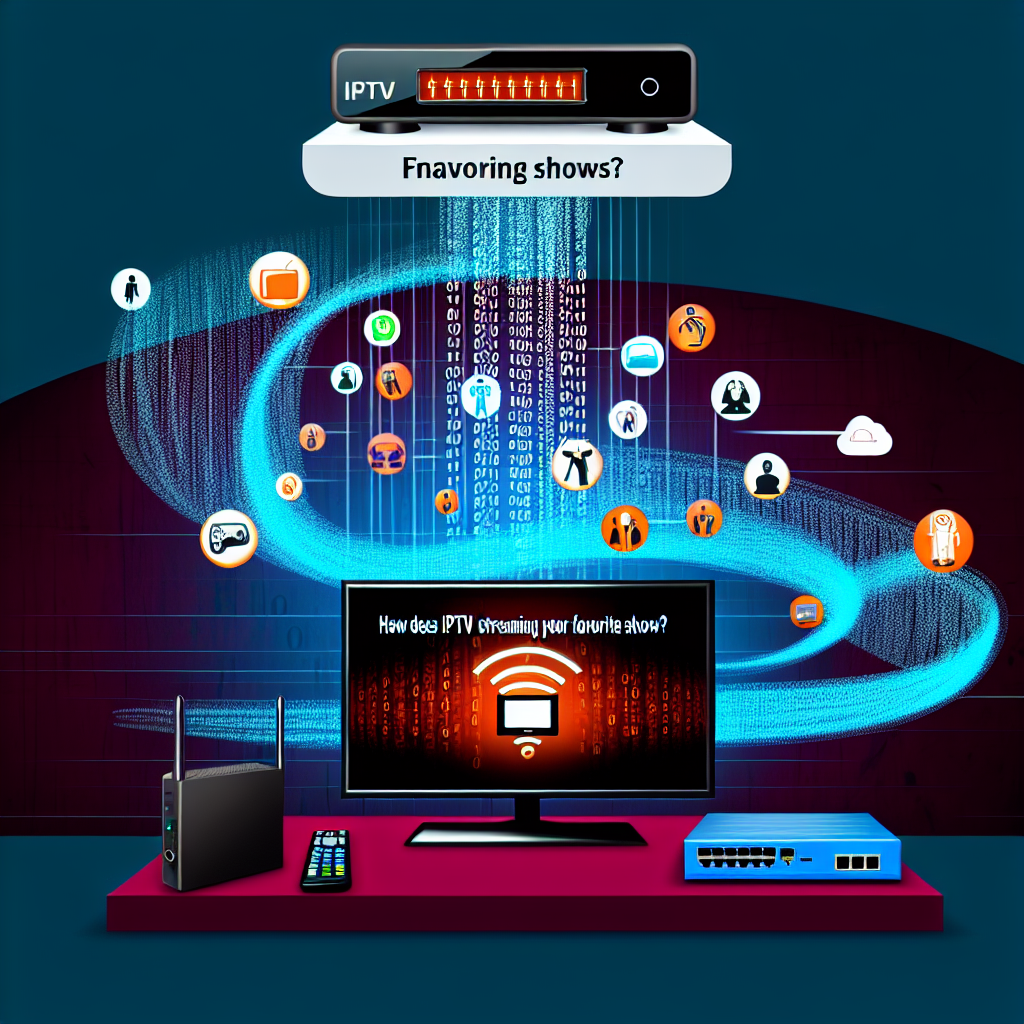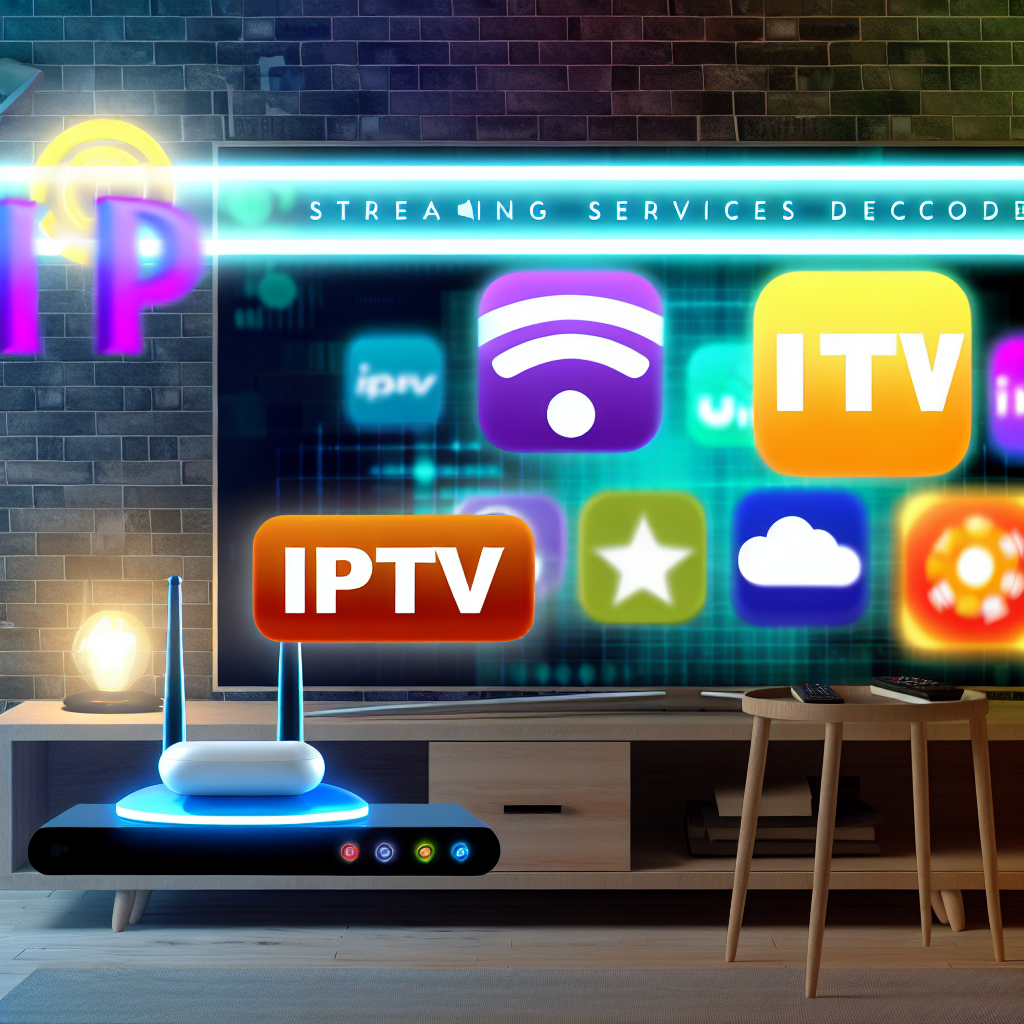Exploring the question, “Is iptv legal in us for streaming live sports online” is essential for sports enthusiasts looking for reliable streaming options.
Table of Contents
- What is IPTV?
- IPTV and Live Sports
- Understanding the Legal Framework
- IPTV vs. Cable and Satellite TV
- Best IPTV Options for Streaming Live Sports
- Frequently Asked Questions
What is IPTV?
Internet Protocol Television, or IPTV, is a method of delivering television content using the internet. Unlike traditional broadcasts through satellite or cable, IPTV streams content directly over your internet connection. This shift has led to a variety of providers offering diverse programming options, especially in the realm of live sports.
IPTV can be accessed through various devices, including smart TVs, computers, tablets, and smartphones. The significant advantage IPTV holds is its ability to provide on-demand content and advanced viewing features, making it a popular choice among younger audiences.
However, the legality of IPTV services, especially when it comes to live sports, raises eyebrows. Understanding what is considered lawful can be somewhat murky.
IPTV and Live Sports
With the rise of streaming, many users have turned to IPTV services for live sports coverage. The question remains, “Is iptv legal in us for streaming live sports online?”
Some IPTV providers operate legitimately, securing necessary broadcasting rights to stream sports content. However, the landscape is populated with dubious providers who may not have the legal rights to deliver certain channels or content. Consequently, choosing the right provider is crucial for ensuring both quality streaming and legal accountability.
One way to evaluate an IPTV service is by examining the range of channels they offer. Providers that include widely recognized networks are more likely to operate legally.
For instance, reputable providers often have exclusive agreements with network channels, thereby ensuring that their clients receive licensed content. This not only gives their customers peace of mind but also offers quality viewing experiences.
Understanding the Legal Framework
The legal considerations surrounding IPTV in the U.S. can be complex. The Federal Communications Commission (FCC) regulates telecommunications in the U.S., including aspects of video programming. The Copyright Act plays a pivotal role in determining when streaming content is lawful or infringing on copyright.
-
Copyright Laws: Essentially, any content that is streamed without an appropriate license is illegal. This implies that unless an IPTV service has secured rights to broadcast specific channels, users may be exposed to copyright violations, which can have serious ramifications.
-
DMCA Compliance: The Digital Millennium Copyright Act (DMCA) protects copyright owners and allows them to take action against unlicensed streaming. IPTV services found in violation of this act risk being shut down, leading to lost access for users.
-
Regional Restrictions: Besides copyright issues, geographic licensing also affects availability. Certain sports events or channels may have restrictions that prevent them from being offered in certain areas.
To navigate this territory safely, consumers of IPTV should research the legality of specific services actively. Engaging with community platforms like Reddit can provide real-time insights and experiences from other users regarding specific services.
IPTV vs. Cable and Satellite TV
IPTV has emerged as a strong competitor against traditional cable and satellite television. But how do they compare in terms of legality, cost, and content accessibility?
-
Cost-Effectiveness: Often, IPTV services are more affordable than traditional cable packages while providing a more extensive array of channels. This affordability is appealing for sports fans looking to save money while accessing premium content.
-
On-Demand Access: IPTV allows viewers to watch what they want when they want, a feature that cable and satellite struggles to match. This on-demand capability is particularly appealing to sports fans who need to catch up on missed live events.
-
Flexibility: IPTV offers multi-device compatibility, so subscribers can switch between their TV, laptop, or mobile device without hassle.
-
Potential Legal Issues: Traditional cable and satellite services come with built-in legal guarantees, as they are regulated and monitored. Conversely, users have to conduct their homework regarding the legality of IPTV services to avoid potential legal trouble.
While IPTV does offer significant advantages, consumers should weigh these benefits against the potential legal risks associated with unlicensed providers and content.
Best IPTV Options for Streaming Live Sports
Identifying the BEST IPTV services can be challenging, especially with a vast marketplace filled with both reputable and dubious options.
-
Hulu + Live TV: Primarily acknowledged for its on-demand streaming, Hulu also offers a live TV option that includes sports channels. This service is entirely legal and boasts a diverse selection of programming.
-
Sling TV: Sling TV provides customizable channel packages at reasonable prices, including various sports networks. Their user-friendly interface paired with an a la carte style makes it a popular choice for sports fans.
-
YouTube TV: Known for its robust offerings, including major sports networks, YouTube TV provides a great viewing experience with legal certainty.
-
FuboTV: Marketed as a sports-first streaming service, FuboTV offers an extensive lineup tailored for sports enthusiasts. This service is entirely legal and partners with well-known sports networks.
-
IPTV SMARTERS PRO: This app provides a stylish and sophisticated interface for those seeking to streamline their IPTV experience. It’s crucial to remember that while the app itself is legal, the IPTV service you choose to use with it must also be legitimate.
Be sure to verify the legal standing of any IPTV service before subscribing. Always choose providers with a good reputation and those that invest in licensing agreements.
Frequently Asked Questions
Q1: What makes IPTV legal in the U.S.?
A1: IPTV is legal in the U.S. if the service provider has obtained the necessary licensing and broadcasting rights to show content. Users should ensure that their chosen provider complies with copyright laws.
Q2: How can I identify illegal IPTV services?
A2: Illegal IPTV services often advertise extensive channel lineups at significantly lower prices than legitimate services. They may lack official communication channels, customer support, or Digital Millennium Copyright Act compliance.
Q3: Are there any risks in using IPTV?
A3: Yes, using illegal IPTV services can expose users to legal repercussions due to copyright infringement. Moreover, they may also put users’ data security at risk.
Q4: Can I get a free trial of IPTV services?
A4: Many legitimate IPTV services offer free trials, allowing users to test the service before committing to a subscription. Keep an eye out for reputable providers offering such options.
Q5: How does VPN play a role in IPTV streaming?
A5: VPNs can help users access geo-restricted content; however, it does not make illegal services legal. Even with a VPN, users should ensure that the IPTV service they’re using is legitimate.
In conclusion, understanding whether Is iptv legal in us for streaming live sports online is essential for anyone looking to enjoy sports content through IPTV. As the demand for flexible streaming continues to grow, so does the importance of choosing legitimate providers.
Feel free to share this article with others who may find it informative!




